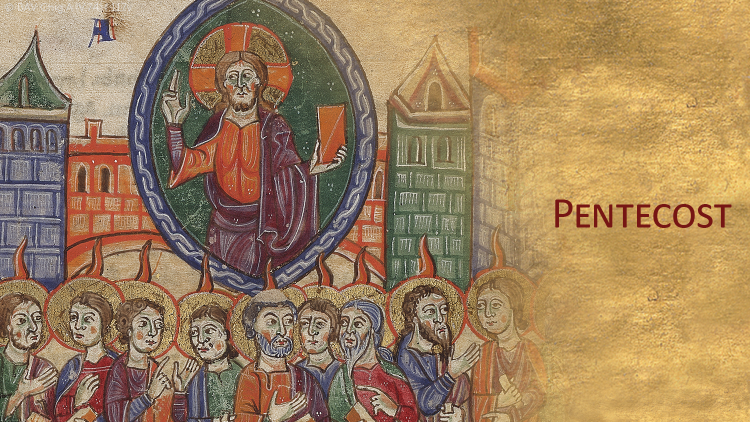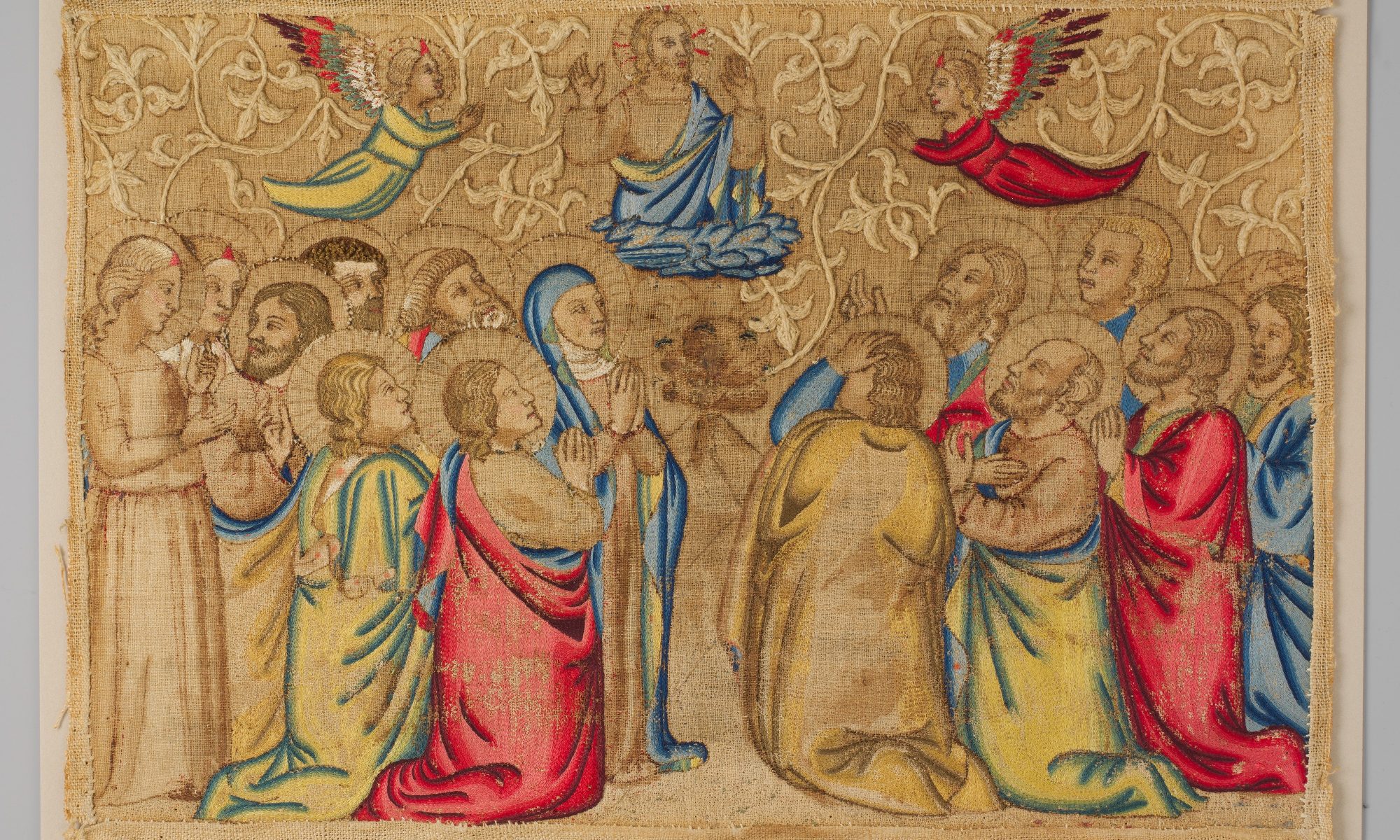John 20:19-23
Do you know that “you, baptized members of the Catholic faith, are called to evangelize and are called to be missionary disciples?” These words are from Pope Francis’s apostolic exhortation Evangelii Gaudium. Many lay faithful think that the works of evangelization are assigned to clergy, religious orders, or missioners. However, when we think like that, we are ignoring an honored vocation. Today, if you remember nothing else in my homily, you must remember that whatever your position in the Church or your level of instruction in faith, you are called to be missionary disciples and agents of evangelization.x2
You may question why do I preach about missionary vocation on the solemnity of Pentecost? It seems not related to the nature of this occasion. I should talk about the Holy Spirit, such as who he is, or what the meaning of his titles is. However, I tell you that the feast of the Holy Spirit is the best occasion to remind you of your missionary vocation. Why?
Let us recall the readings and the gospel you have heard. In the gospel, after greeting his disciples, Jesus commissioned them “As the Father has sent me, so I send you.” Then, He gave them the Holy Spirit. The Holy Spirit they had received is not to keep for themselves, but to go forth on their mission to proclaim the kingdom of God and the forgiveness of sins. In the acts of the apostles, after the people were all filled with the Holy Spirit, they had begun to proclaim the good news of Resurrected Christ, not only in their mother tongue, but also in different tongues that everyone can understand clearly. In the letter of Saint Paul to Corinthians, we see that the Holy Spirit enables us to believe “Jesus is Lord.” The gifts of the Holy Spirit are given to everyone in different kinds so that he or she can give a hand to build the unity of the mystical body of Christ. The pattern of all readings today is receiving the Holy Spirit and proclaiming the Gospel.
Does what happened in the scripture relate to you today? Yes, if you personalize the word of God you have heard. That is, you place yourself in the word of God so that what happened in the scripture is what happens to you. If you consider you are among the disciples in the locked door room, you are also given the Holy Spirit and commissioned to proclaim the Gospel. Indeed, you received the Holy Spirit when you were baptized. In baptism, you are commissioned to evangelize the whole world. Moreover, God does not commission you without preparing you for your mission. By the sacraments of Christian initiation and by the gifts of the Holy Spirt, you are prepared well to be missionary disciples and agents of evangelization.
Now, when you are aware of your missionary vocation, you can think of how to carry it out. There are various ways to do it, but I recommend two actions, namely participate, and dedicate. That is, you participate in daily mass so that you cultivate your relationship with God. You participate in apostolate works to serve God and people. You participate in social life in your conditions by promoting the common good, respecting the just laws, and witnessing the gospel in society. By dedicate, you dedicate yourselves to daily prayers not only for your needs but also for the mission of the Church. You dedicate yourselves to the works of charity by which you show God’s merciful face to everyone. You dedicate yourselves to building the unity of the Church by becoming peacemakers. I encourage you to find and add more ways to participate in and dedicate to proclaiming the word of God in your conditions.
The image of honeybee workers is a good image of your missionary vocation. Honeybee workers have only one mission to fly away from their hive to find honey. Their trips are always long with danger from the predators, but they never stop doing their mission. Thus, the hive is full of precious honey. The hive is the Church. You are the honeybee workers. Honey is the soul of the repentant. Like a bee worker, you are sent everywhere in the world to gather people to the Church. You may encounter many dangers and challenges, but never fear because you have the Holy Spirit, your Paraclete, your Advocate. Brothers and sisters! Go and gather honey to the hive. You are missionary disciples and agents of evangelization.


